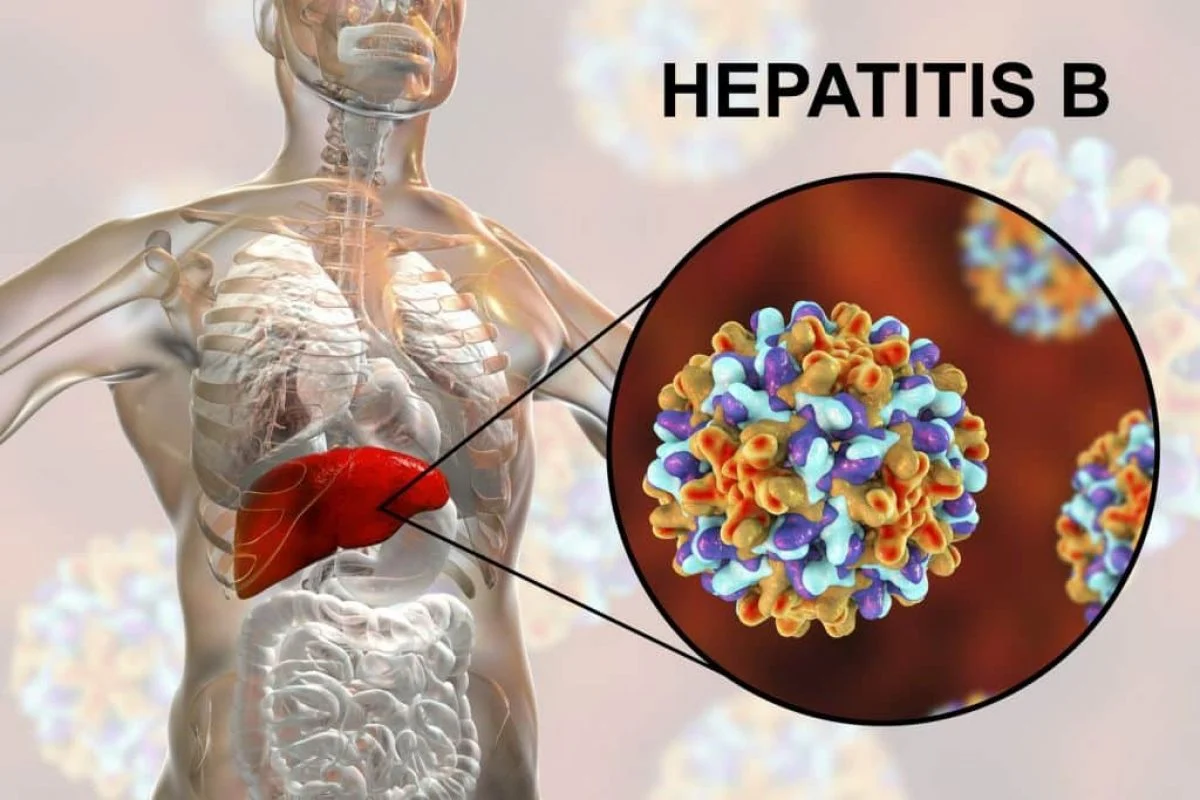
Introduction to Hepatitis B
What is Hepatitis B?
Hepatitis B is a viral infection that targets the liver, causing inflammation and potentially leading to severe liver damage. The virus is highly contagious and is transmitted through exposure to infected blood or other body fluids. Once contracted, Hepatitis B can range from acute, short-term illness to a long-term chronic condition. Symptoms include fatigue, jaundice, nausea, abdominal pain, and in some cases, can progress to liver cirrhosis or cancer. It is essential to consult a healthcare professional for proper diagnosis and treatment as soon as symptoms appear.
Transmission and Prevention
Hepatitis B spreads through contact with infected blood or body fluids, such as unprotected sex, sharing needles, or from an infected mother to her baby during childbirth. To prevent Hepatitis B, it is crucial to practice safe sex, avoid sharing needles, and ensure infants receive the Hepatitis B vaccine at birth. Regular screenings and vaccination can greatly reduce the risk of contracting and spreading the virus, promoting overall liver health and well-being.
Symptoms and Diagnosis of Hepatitis B
Common Symptoms
Hepatitis B exhibits a range of symptoms that can vary from mild to severe. Common signs of Hepatitis B infection include fatigue, abdominal pain, jaundice (yellowing of the skin and eyes), nausea, and loss of appetite. In some cases, individuals may experience dark urine, joint pain, or fever. It is important to note that some people infected with Hepatitis B may not display any symptoms, making regular screenings and tests crucial for early detection and treatment.
Diagnostic Tests
Diagnosing Hepatitis B typically involves a series of blood tests to check for the presence of the virus and assess liver function. These tests include the Hepatitis B surface antigen test, Hepatitis B surface antibody test, and liver function tests to evaluate enzyme levels. Additional tests such as a liver ultrasound or liver biopsy may be recommended to determine the extent of liver damage. Healthcare professionals rely on these diagnostic tools to confirm Hepatitis B infection, monitor disease progression, and tailor treatment plans to individual needs. Early diagnosis and intervention are key in managing Hepatitis B and preventing complications.
Complications of Hepatitis B
Liver Cirrhosis
Complications of Hepatitis B can lead to severe damage to the liver, escalating to conditions like liver cirrhosis. Liver cirrhosis occurs when healthy liver tissue is replaced with scar tissue, hindering the liver’s ability to function correctly. This can result in various complications such as portal hypertension, liver failure, and an increased risk of liver cancer. Individuals with liver cirrhosis often experience symptoms like fatigue, easy bruising, swelling in the legs and abdomen, and confusion. Regular monitoring by healthcare professionals is essential to detect and manage liver cirrhosis effectively.
Liver Cancer
Another serious complication of chronic Hepatitis B is the development of liver cancer. Hepatitis B infection significantly increases the risk of liver cancer, particularly in individuals with longstanding and untreated infections. Early detection through screenings and tests is crucial in managing liver cancer effectively. Treatment options may include surgery, chemotherapy, radiation therapy, or liver transplant, depending on the stage of cancer and overall health status. It is important for individuals with Hepatitis B to undergo regular screenings for liver cancer to facilitate early intervention and improve prognosis.
Treatment Options for Hepatitis B
Antiviral Medications
Antiviral medications are a common treatment for Hepatitis B, aimed at suppressing the virus’s activity in the body, preventing further damage to the liver, and reducing the risk of complications. These medications work by slowing down the virus’s ability to multiply, improving liver function and reducing inflammation. It is crucial to follow the prescribed dosage and schedule as advised by healthcare professionals to ensure the effectiveness of antiviral therapy in managing Hepatitis B.
Liver Transplant
In severe cases of Hepatitis B where the liver has suffered extensive damage, a liver transplant may be recommended. A liver transplant involves replacing the damaged liver with a healthy donor liver to restore proper liver function. This option is usually considered when other treatment methods have not been successful, and the liver damage is irreversible. It is essential for individuals undergoing a liver transplant to adhere to post-transplant care instructions and attend regular follow-up appointments to monitor the new liver’s functioning and overall health status.
Also Read: The Best Artificial Sugar Substitutes for a Healthier…
Managing Hepatitis B
Lifestyle Changes
In addition to medical treatments, making certain lifestyle changes can help individuals manage Hepatitis B effectively. This includes avoiding alcohol consumption and maintaining a healthy diet to support liver function. Regular exercise, getting enough rest, and avoiding exposure to potentially harmful substances are also crucial in managing the condition and improving overall health.
Regular Medical Monitoring
Regular medical monitoring is essential for individuals with Hepatitis B to track the progress of the condition and assess the images on the liver. Healthcare providers may recommend regular blood tests, ultrasounds, and other diagnostic tests to monitor liver function and detect any complications early. By staying up to date with medical appointments and following the healthcare provider’s advice, individuals can better manage their Hepatitis B and prevent long-term liver damage. It is important to communicate any changes in symptoms or health status to healthcare providers promptly for timely intervention and management.
